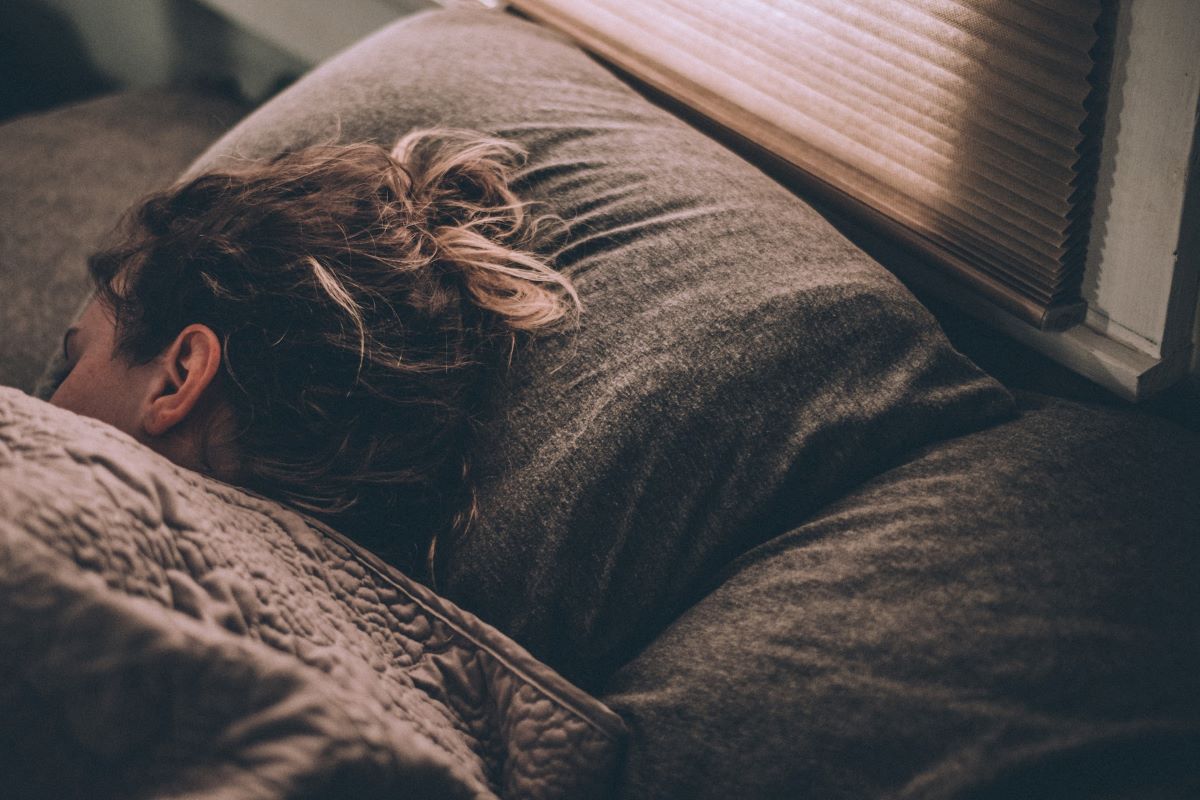
We are a reader-supported education publication. When you buy through links on our site, we may earn an affiliate commission to help us keep providing content.
A teacher’s job is cognitively, emotionally, and physically demanding, and since the pandemic, the challenges have only increased. To make matters more complicated, a teacher’s day doesn’t even start and end with the typical school hours of 8-3. Many teachers arrive early to prep for students, and after school, there are always meetings, lesson prep, and grading.
With all this time spent working, educators end up with minimal amounts of time for self-care like home maintenance, free time, and a good night’s sleep. The most devastating of all is the pervading lack of proper rest — the importance of sleep for teachers cannot be overstated.
How Much Sleep Do Teachers Need?
According to the National Sleep Foundation, the average adult needs 7-9 hours of sleep every night. This amount of rest allows your brain and body to recuperate from the day. You regenerate cells, store memories, and remove toxic waste from the brain. The longer you spend, up to a certain point, in deep, restorative sleep, the better you’re able to recover and prepare for a new day.
Data on sleep for teachers is woefully inadequate. However, talk to any of your teacher friends, and you’ll likely hear more of the same — six hours or less of sleep each night is fairly common. A study from Ball University agreed, with 43% of teachers reporting they were in that bracket.
Importance of Sleep for Teachers
If you, like those other teachers, find yourself consistently getting less than the minimum sleep recommendation, you’re likely not performing to your full potential. Continued sleep deprivation has a slew of repercussions, like:
- Increased chance of errors
- Inability to focus
- Lower work efficiency
- Moodiness and anger
- Daytime drowsiness
- Lack of motivation
- Impaired memory
- Loss of focus
- Poor decision-making skills
- Reduced reaction time
- Short attention span
- Depression
- High blood pressure
- Weight gain
- Increased likelihood of heart attack and stroke
- Lower immune function
These symptoms highlight the extreme importance of sleep for teachers. You cannot be the teacher you truly want to be when you lack appropriate rest. Besides, modeling good sleep hygiene and healthy habits for students is essential since they also tend toward poor sleep.
Tips for a Better Night’s Sleep
Before now, you probably had at least an inkling your sleep habits were out whack and hurting your effectiveness as an educator. So, what do you do about it now? How can you achieve a great night’s sleep and reach your potential?
1. Establish a Consistent Schedule
The most important thing you can do to get better sleep every night is to establish a consistent routine for when you wake up and go to bed. Following a pattern allows your body’s circadian rhythm to adjust and helps you get more restful sleep.
You’ll begin to get tired right on time and wake up in the proper sleep cycle, so you feel rested rather than groggy. You should even continue your schedule on the weekends for the best results.
2. Cut Off Caffeine Earlier
When you’re consistently not getting enough sleep, it’s incredibly tempting to rely on caffeine to keep you going. You may even be under the impression that coffee and other sources don’t affect your sleep. However, you may just be so sleep-deprived that you don’t notice.
The caffeine in your favorite beverages and snacks can prevent the release of hormones that help you feel tired in the evening. It can also keep you from getting quality sleep by messing up your internal clock. The professional recommendation is to stop consuming caffeine 6 hours before bed.
3. Set Up a Nightime Wind-Down Routine
Letting go of the day’s stressors isn’t easy. You carry your work and students with you all the time. However, that’s not ideal for relaxing and getting good sleep. Creating a wind-down routine can help you get in the right mindset.
Set a timer to stop working and settle in for the evening. Read a few chapters of a good book, light a candle, do some meditation or pray, take a bath — just pick a handful of things specific to your relaxation needs. Do these things every night to calm you down and signal to your brain that sleep is coming, and you’ll start to get naturally tired at the right time.
4. Banish Blue Light
You’ve probably heard the suggestion to turn your devices off well before bedtime, but you may not know why. Blue light during the day can help you focus and improve your mood.
However, in the evening, it can block your body’s ability to release melatonin, the hormone responsible for helping you get sleepy. To avoid the adverse effects, researchers at Harvard suggest turning devices off at least two hours before bedtime.
Treat Yourself as Well as Your Students
The importance of sleep for teachers, like any other human being, isn’t really up for debate — you need rest to perform at your best and stay healthy. At the minimum, you should treat yourself as well as you treat your students.
You want them to be rested and alert for the day. You should take the same care with your own habits. When you get at least seven hours each night, you can make even more of a difference in the lives of your students because you’ll be alert, focused, and in a positive mood.








